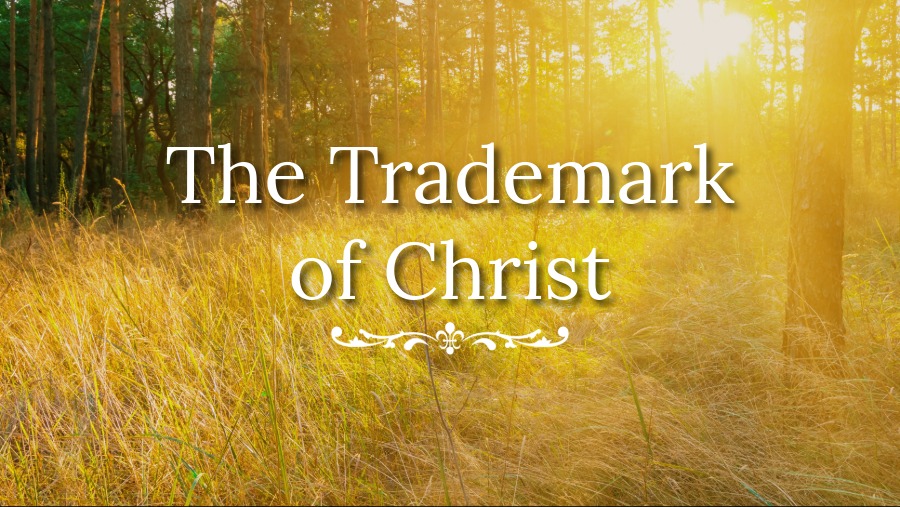
When Walking With God Makes Sense Again
The message centers on Psalm 73 and the lived tension every believer feels when faithfulness seems costly while the ungodly appear to flourish. Asaph—Levite, temple musician, and worship leader—authored the psalm and gives voice to an internal struggle that can derail a believer’s spiritual walk: “Why do those far from God prosper while I, striving to be faithful, feel plagued?” The pastor traces Asaph’s journey from confusion to clarity, from envy to worship, and from self-preoccupation to renewed purpose. He frames the psalm—and the Christian life—around three movements: the struggle in our walk, the shift in our worship, and the strength for our work.
1) The struggle in our walk (vv. 1–14): the perception problem.
The psalm opens with an anchor truth—“Truly God is good to Israel”—which the pastor urges us to “pin” before reading further. Yet immediately Asaph confesses that his “feet were almost gone,” meaning he slipped from a stable vantage point into a skewed perspective. The word-picture is deliberate: standing grants a clear view; slipping distorts it. From that lowered vantage point Asaph begins to misread reality: the wicked look carefree, strong, untroubled, and abundantly provided for (vv. 3–7). Their pride hangs like jewelry, their words are lofty, and they seem to violate heaven with impunity (vv. 8–11). Asaph’s conclusion in this fog is despairing: “I have cleansed my heart in vain” (v. 13). The pastor identifies this as the believer’s common temptation—comparison. When we look sideways instead of upward, we will inevitably misjudge our place, resent our portion, and interpret obedience as futility.
Envy is the diagnostic sign of this perception problem. To envy is to wish we could trade places; it’s a silent verdict that God has misallocated good. The pastor warns that envy grows when we magnify others’ highlights and ignore their hidden costs, while simultaneously minimizing God’s present care for us. He illustrates how consuming a “what-they-have” mindset becomes—crowding out Scripture, prayer, worship, and service—until spiritual duties feel like wasted time. This isn’t mere mood; it’s a spiritual slide: the longer we stay “low,” the more distorted the view becomes.
2) The shift in our worship (vv. 15–22): the place of reorientation.
The turning point arrives “until I went into the sanctuary of God; then understood I their end” (v. 17). The sanctuary is not magic space but consecrated space—a place where God is central, the Word is heard, and worship reorders loves. In worship, God widens Asaph’s horizon from “now” to “end,” from surface prosperity to ultimate reality. Suddenly the “carefree” path is seen as “slippery places” leading to swift desolation (vv. 18–19). What changed was not the wicked’s circumstances but Asaph’s perspective: worship restored vertical sight.
The pastor presses a hard truth: if we do not worship God, we will worship ourselves. Self-worship doesn’t look like kneeling before a mirror; it looks like living for our own comfort, directing our offerings to self, and seeking our will over God’s. The liturgy of our week—what we watch, listen to, and who we surround ourselves with—trains our thinking and inevitably our speech and behavior. Asaph admits the moral and mental fog he was in: “So foolish was I, and ignorant” (v. 22). Notably, he moves from labeling “the foolish” (v. 3) to confessing, “I was the fool” (v. 22). That confession is itself worship: it dethrones self-justification and enthrones God’s wisdom.
3) The strength for our work (vv. 23–28): presence, guidance, and purpose.
From worship flows renewed assurance: “Nevertheless I am continually with Thee; Thou hast holden me by my right hand” (v. 23). The pastor highlights the intimacy of this image: God’s hand steadying ours—“We’ve got this; let’s go.” Out of presence comes guidance—“Thou shalt guide me with Thy counsel” (v. 24)—and out of guidance comes hope—“and afterward receive me to glory.” This triple cord (presence, guidance, future glory) displaces envy and fuels endurance.
Asaph’s affections are now re-ordered: “Whom have I in heaven but Thee? and there is none upon earth that I desire beside Thee” (v. 25). The pastor stresses that Christian maturity is not merely choosing between good and evil, but discerning among good, better, and best—and the “best” is God Himself. Even when “my flesh and my heart faileth,” God remains “the strength of my heart, and my portion for ever” (v. 26). The psalm ends where a healthy walk must end: nearness and witness. “It is good for me to draw near to God… that I may declare all Thy works” (v. 28). Nearness leads to declaring, not comparing. Testimony replaces tally sheets. Instead of silently auditing other people’s “wins,” we openly recount God’s faithfulness to us.
Practical applications drawn by the pastor.
- Decide before the trial. Don’t make your allegiance choice mid-storm; settle it now: “I will keep trusting the Lord.” Pre-decisions carry you when emotions wobble and outcomes delay.
- Diagnose envy quickly. Envy signals a slipped vantage point. Ask: Where have I positioned myself (mentally, digitally, relationally) such that I’m seeing only problem and lack? Stand back up—return to the sanctuary rhythms (gathered worship, Scripture, prayer, godly counsel).
- Refuse the comparison trap. Your race is yours, with its own God-ordained constraints and callings. Similarity with others is not sameness. Comparing lives is unwise because it ignores different starting points, stewardships, and sanctifying pressures.
- Rebuild your worship diet. What you watch, hear, and who you spend time with trains your loves. A steady diet of the wrong inputs will surface as words and deeds (and discouragement). Re-center on God’s Word and a worshipping community that helps you see your life in God’s story.
- Name the lies; rehearse the end. The “carefree prosperity” of the godless is not secure; it is “slippery.” Rehearsing ultimate ends (judgment, glory, eternal inheritance) puts present inequities in their proper scale.
- Trade self-focus for God-nearness. The remedy for “What about me?” is “Whom have I in heaven but Thee?” Nearness to God is the believer’s good; it clarifies choices, stabilizes emotions, and rekindles joy.
- Move from receiving to declaring. Asaph ends with mission—“that I may declare all Thy works.” Gratitude grows as it’s shared. Speak of God’s interventions, not merely your inconveniences. Testimony strengthens the church and invites the wandering to reconsider their path.
Big idea restated.
Psalm 73 maps the heart’s journey back to spiritual sanity. When we slip into envy, the world looks accurate and God looks absent. But entering God’s presence resets the lens: the apparent advantage of the wicked is precarious, and the believer’s portion is incomparable—God Himself. From that renewed sightline, walking with God “makes sense again,” worship becomes wholehearted, and work regains purpose. The mature Christian life is sustained by this triad: a restored walk (standing where you can see), renewed worship (adoring God for who He is and what He says), and recommissioned work (declaring His works with a steady, grateful heart).

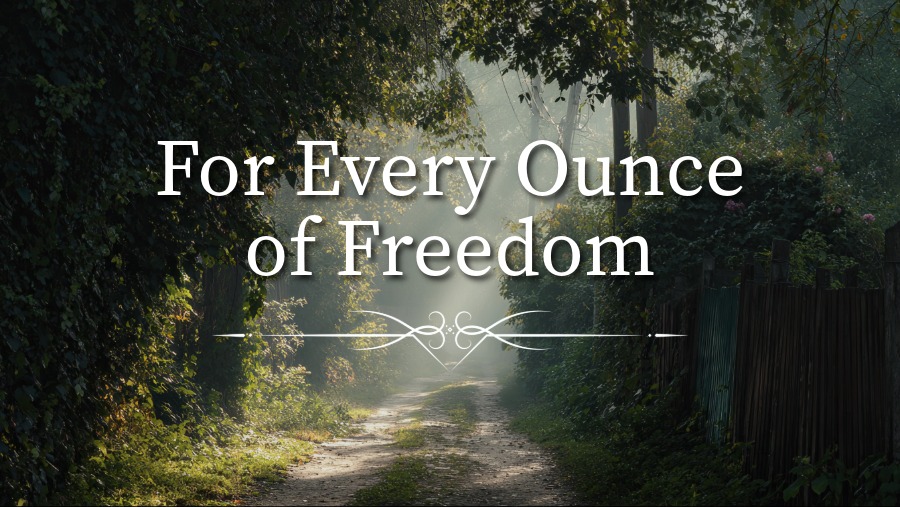

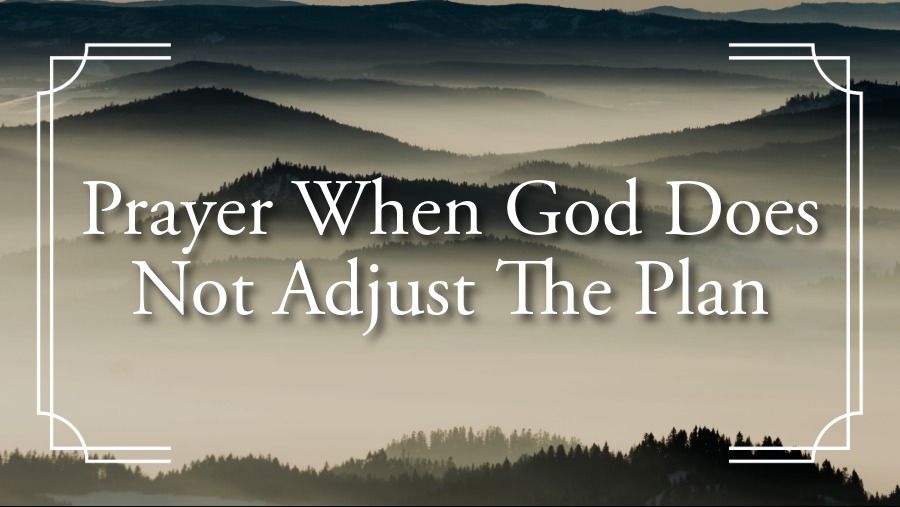




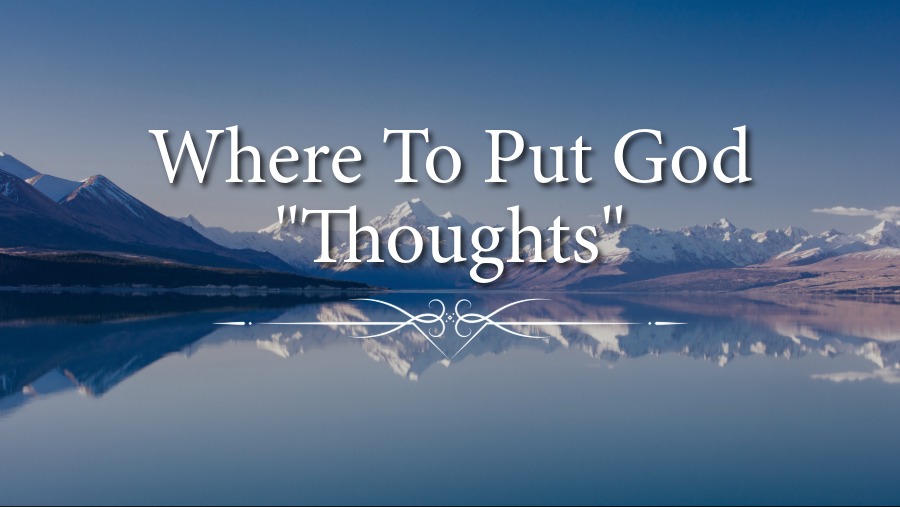



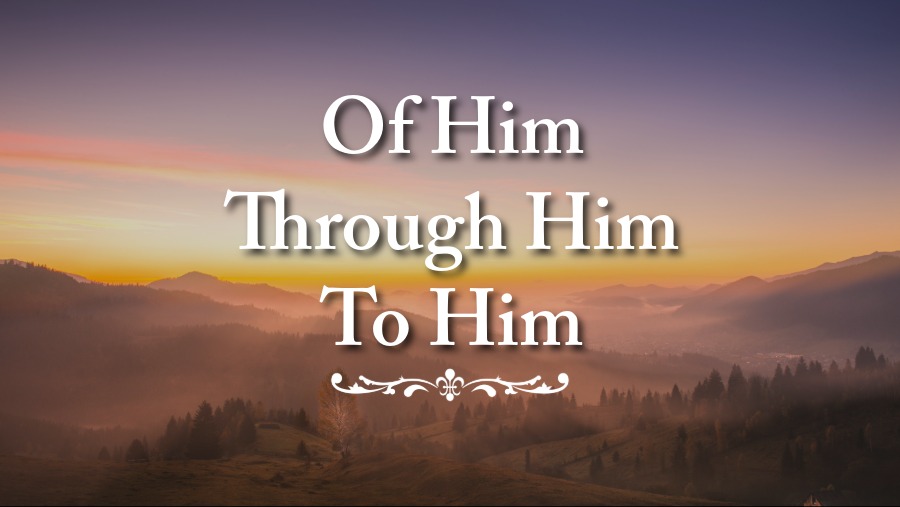
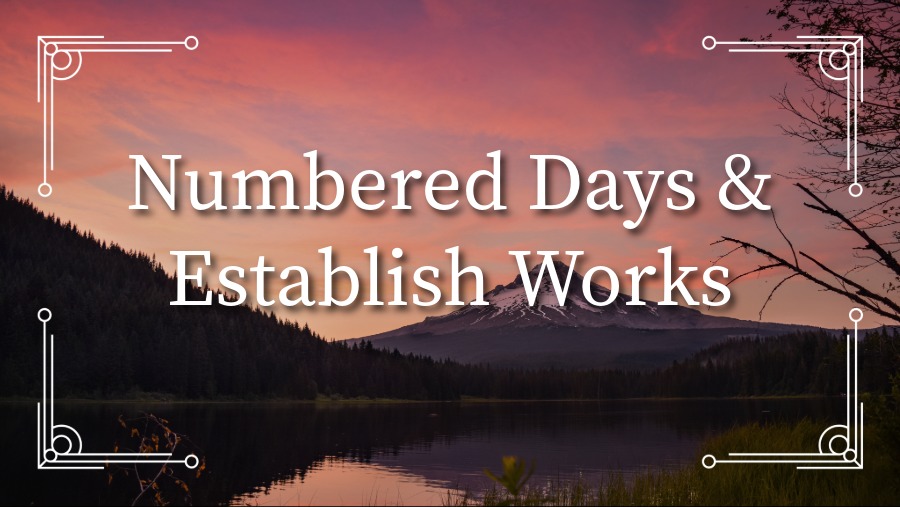
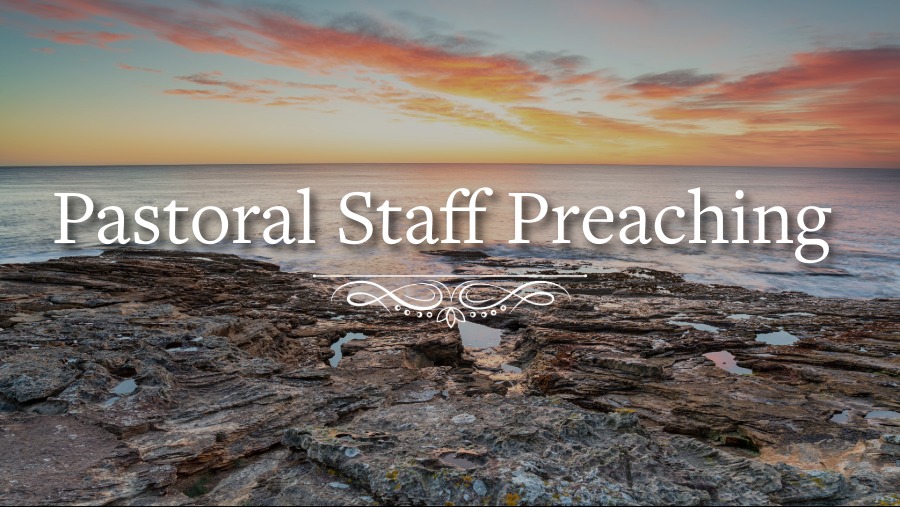
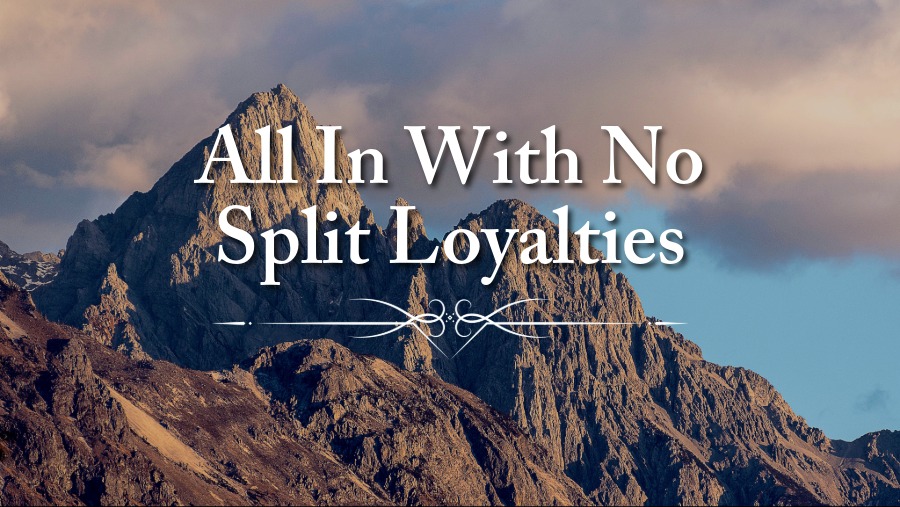
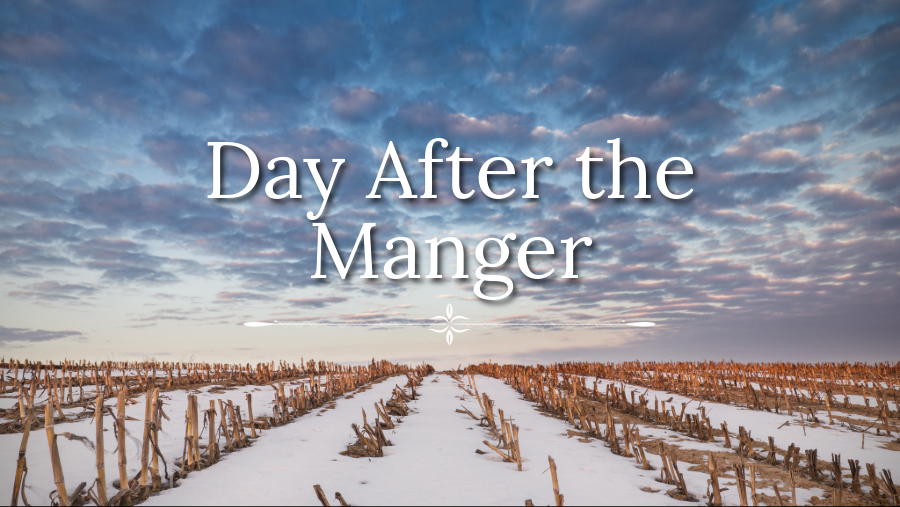

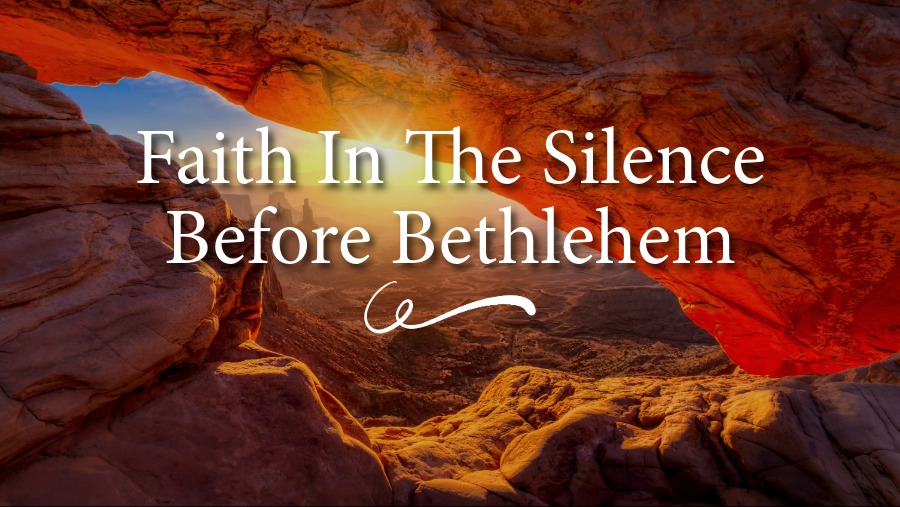
.jpeg)

